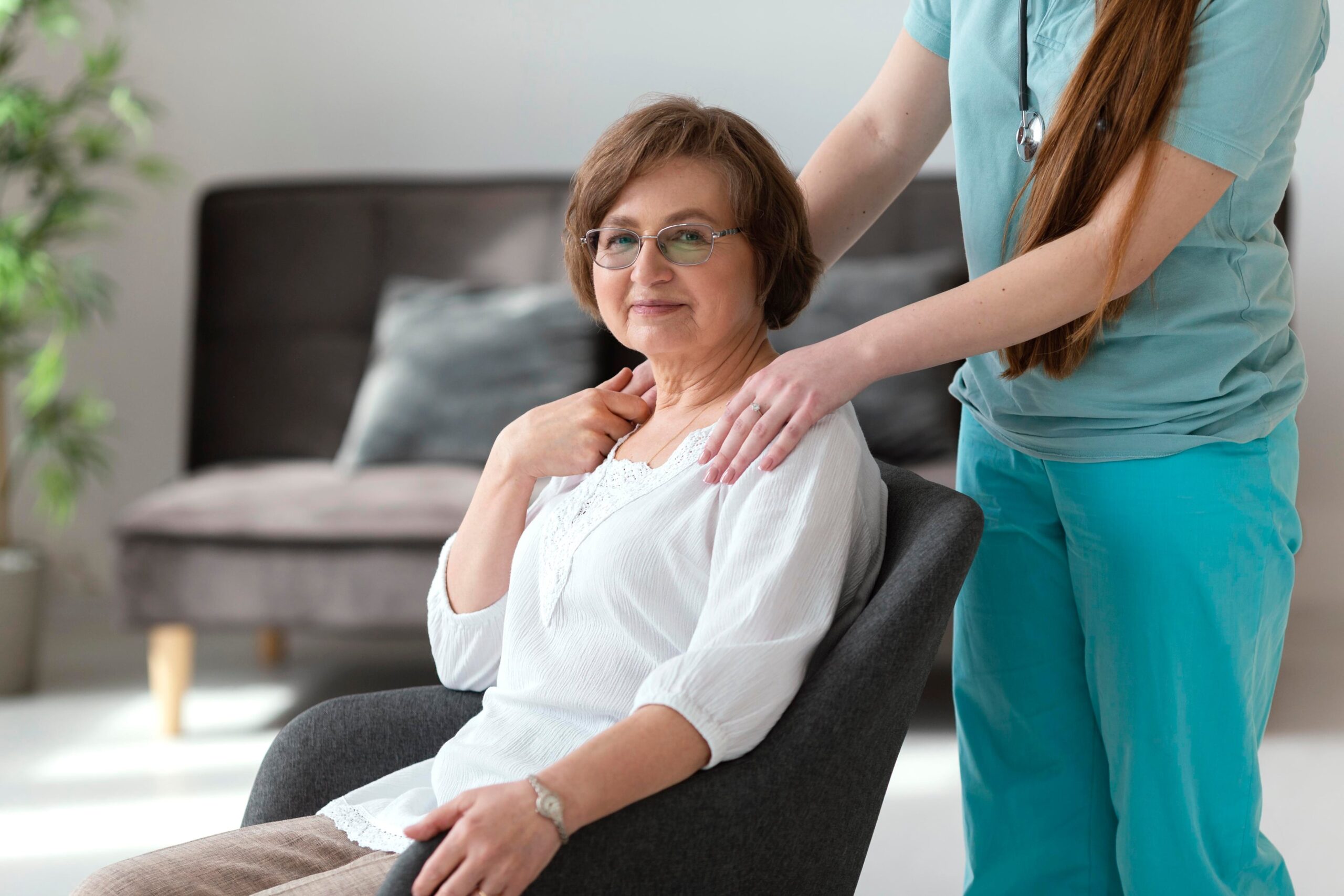Heat-related Health Dangers for Older Adults Could Soar During this Unusually Hot Summer in Texas
As we age, our ability to adequately respond to summer heat can become a serious problem. Older people are at significant increased risk of heat-related illnesses or hyperthermia. Hyperthermia can include heat stroke, heat edema (swelling in your ankles and feet when you get hot), heat syncope (sudden dizziness after exercising in the heat), heat cramps, and heat exhaustion.
Here are some health-related factors that may increase the risk of a heat-related illness:
- Age-related changes to the skin such as poor blood circulation and inefficient sweat glands
- Heart, lung, and kidney diseases, as well as any illness that causes general weakness or fever
- High blood pressure or other conditions that require changes in diet, such as salt-restricted diets
- Some medications can make a person more sensitive to heat, such as:
Blood pressure medications such as diuretics and Beta blockers (Toprol XL or Inderal), antihistamines, decongestants, anticholinergics for bladder treatment, some psychiatric medications such as Elavil, Pamelor, Thorazine or Sinemet, stimulant medications such as Adderall or Ritalin
- Taking several drugs for various conditions
- Being substantially overweight or underweight
- Drinking excessive alcoholic beverages
Family Members and Caregivers can ensure that some interventions are in place to prevent a possible Heat Stroke, Heat Exhaustion, or other heat related illnesses and/or dehydration.
Here are some interventions can be put in place to keep the loved one safe on these hot days:
- Encouraging them to stay indoors during the hottest part of the day – mid-day to late evening.
- Encouraging them to wear loose fitting, lightweight clothing
- Encouraging them to stay hydrated – keep cold pitchers or bottles of water handy and encourage them to drink frequently throughout the day.
- Encouraging them to avoid exertion during the hot times of the day
- Try to avoid cooking on a hot stove or in the oven if the house is not adequately air-conditioned, especially during mid-day and in the afternoon.
- Keep a current list of medications handy to give to paramedics if it becomes necessary to call 911 for these symptoms:
- Dizziness
- Nausea and Vomiting
- Rapid breathing
- Confusion or altered mental status
- Weakness
- Flushed Skin
- Severe headache
If your loved one or client has any dementia, then it becomes paramount to not only be aware of the potential causes of heat related illnesses and appropriate interventions, but also be vigilant to monitor the person’s ability to exit the dwelling and be outside in the heat alone.
